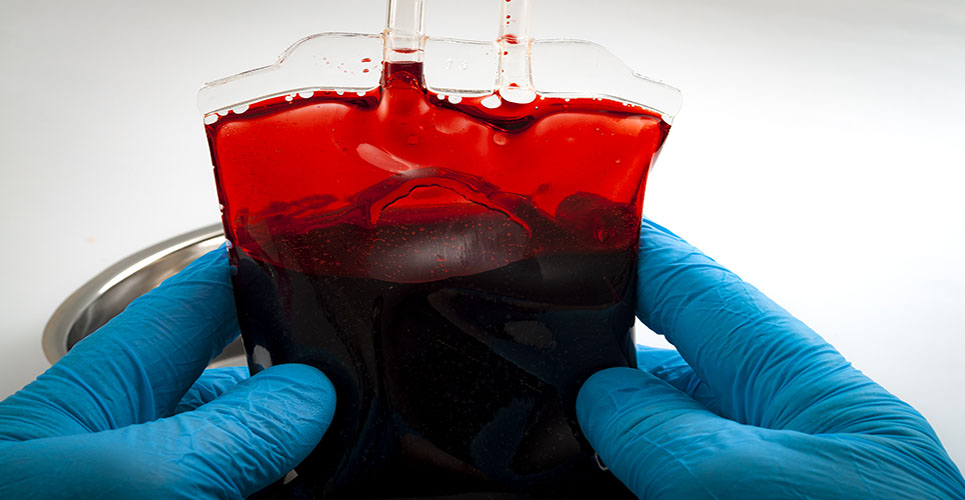teaser
Anti-T-cell globulin (ATG) has been found to prevent a condition associated with the transplanting of blood stem cells from an unrelated donor.
A study by Jürgen Finke of the University Hospital Freiburg, in Germany, found that ATG, in combination with standard treatment, managed to stave off graft-versus-host-disease (GVHD) without compromising survival or increasing relapses.
GVHD is a common complication suffered by patients undergoing haematopoietic cell transplantation (HCT), where blood stem cells are transplanted from the bone marrow or peripheral blood, when it involves an unrelated donors.
The result of the disease is that the immune system or T-cells from the donor attack the body of the recipient. Almost two-thirds (60%) of recipients develop GVHD.
The study, published in the Lancet Oncology, looked at 201 adult patients with haematological cancers undergoing HCT from an unrelated donor.
It compared to those taking the standard GVHD treatment (cyclosporine and methotrexate) with those on anti-Jurkat ATG-Fresenius (ATG-F)
The researchers assessed the patients for early treatment failure, defined as acute GVHD (aGVHD) grade III-IV or death, and incidence of chronic GVHD (cGVHD).
No significant benefit was shown between the two treatments within 100 days. However, ATG-F had a significant effect in reducing cGVHD over a two-year period, with incidence of cGVHD and extensive cGVHD in the ATG-F group at 30·8% and 12.2%, respectively, compared with 58·8% and 42·6% for the standard treatment group.
Patients on ATG-F suffered no increases in relapse, non-relapse mortality, overall survival, or deaths from infection compared with controls, the authors said.
Copyright Press Association 2009

